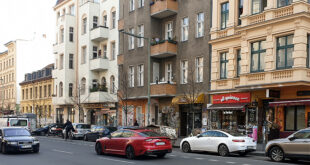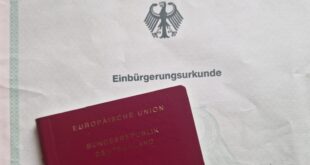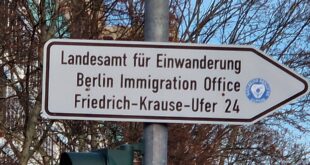Almost a quarter of the people living in Germany have an immigration history. In 2021, almost 19 million people who had either immigrated themselves or both parents had immigrated since 1950 lived in the country, according to a new report of the Federal Statistical Office.
17.3 percent of the population have immigrated to Germany since 1950, another 5.7 percent are direct descendants of immigrants. This is the result of a new statistic model that is not based on nationality, but on the migration experience of a family.
According to this definition, people have an immigration history if either they themselves or both of their parents have immigrated since 1950. The definition thus covers two generations. The concept was recommended by an expert commission of the Federal Government. According to the Federal Statistical Office, this definition is “less complex and more comparable internationally”.
According to the Commission’s recommendation, people do not count as part of the population with an immigration history if only one parent has immigrated. According to the Federal Statistical Office, this group comprises 3.7 million people (4.5 per cent of the population). As these are results for 2021, migrations as a result of the Russian attack on Ukraine are not included.
In an EU comparison, Germany was above the average of all 27 member states, which is 10.6 per cent, with a share of immigrants in the population of 17.3 per cent, according to results from the European statistics authority Eurostat. Malta, Cyprus and Sweden had the highest shares with percentages around 22 percent. The countries with the lowest shares of immigrants were Bulgaria, Romania and Poland, each with less than one per cent.
Sola Jolaoso
 THE AFRICAN COURIER. Reporting Africa and its Diaspora! The African Courier is an international magazine published in Germany to report on Africa and the Diaspora African experience. The first issue of the bimonthly magazine appeared on the newsstands on 15 February 1998. The African Courier is a communication forum for European-African political, economic and cultural exchanges, and a voice for Africa in Europe.
THE AFRICAN COURIER. Reporting Africa and its Diaspora! The African Courier is an international magazine published in Germany to report on Africa and the Diaspora African experience. The first issue of the bimonthly magazine appeared on the newsstands on 15 February 1998. The African Courier is a communication forum for European-African political, economic and cultural exchanges, and a voice for Africa in Europe.































